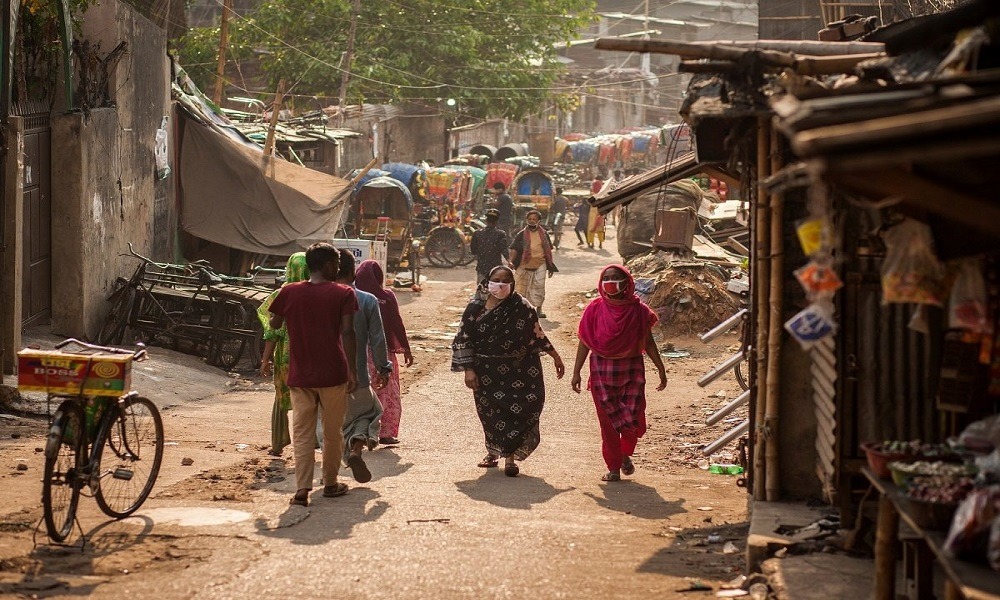Urban poverty presents complex challenges that require targeted interventions to ensure inclusive and sustainable development in rapidly growing cities. At Fikrah, where we focus on improving the lives of underprivileged communities, we recognize the urgent need to address urban poverty by understanding its unique dynamics and implementing holistic solutions.
Understanding Urban Poverty
Urban poverty is characterized by economic deprivation, inadequate access to basic services, and social exclusion within urban areas. As cities expand due to rural-to-urban migration and natural population growth, the concentration of poverty in informal settlements and slums becomes more pronounced.
Factors contributing to urban poverty include limited job opportunities, insufficient affordable housing, inadequate infrastructure, and unequal access to education and healthcare.
Challenges Faced by Urban Poor
Housing Insecurity: Many urban poor live in overcrowded slums or informal settlements with inadequate housing conditions, lacking access to basic amenities such as clean water, sanitation, and electricity. Informal housing also exposes residents to risks of eviction and displacement.
Limited Employment Opportunities: Urban poverty is often fueled by high unemployment rates and informal employment characterized by low wages, job insecurity, and lack of social protections. Many urban poor engage in precarious work in the informal sector, struggling to make ends meet.
Inadequate Access to Basic Services: Poor urban dwellers often face challenges accessing essential services such as education, healthcare, and clean water. Limited infrastructure and geographic disparities in service provision exacerbate disparities in living standards.
Health and Environmental Risks: Urban poor communities are disproportionately affected by environmental pollution, inadequate sanitation, and health hazards. Living in crowded conditions increases vulnerability to infectious diseases and undermines overall well-being.
Holistic Approaches to Address Urban Poverty
Integrated Urban Planning: Implementing inclusive urban planning strategies that prioritize affordable housing, mixed-income neighborhoods, and access to basic services can help reduce spatial inequalities and promote social inclusion.
Promoting Livelihood Opportunities: Creating economic opportunities through job training, skills development, and support for entrepreneurship can empower the urban poor to secure stable employment and improve their economic prospects.
Investing in Education and Healthcare: Ensuring equitable access to quality education and healthcare services is essential for breaking the cycle of urban poverty. Investing in schools, clinics, and community health programs can improve outcomes and enhance social mobility.
Social Protection Programs: Implementing social safety nets such as cash transfers, food assistance, and healthcare subsidies can provide critical support to vulnerable urban populations during times of economic instability.
Community Empowerment and Participation: Engaging urban communities in decision-making processes and fostering grassroots initiatives can amplify the voices of the urban poor and promote inclusive governance.
CONCLUSION: TOWARD INCLUSIVE AND SUSTAINABLE CITIES
Addressing urban poverty requires comprehensive strategies that tackle its root causes and empower marginalized communities to thrive. At Fikrah, we are committed to partnering with local stakeholders, advocating for policy reforms, and implementing programs that promote social justice and economic empowerment in urban settings.
By prioritizing inclusive development and ensuring access to opportunities for all, we can create cities where every resident has the chance to lead a dignified and fulfilling life. Together, let’s work toward building inclusive and sustainable cities that leave no one behind.
Click here to know more about “Causes of Urban Poverty in India”

